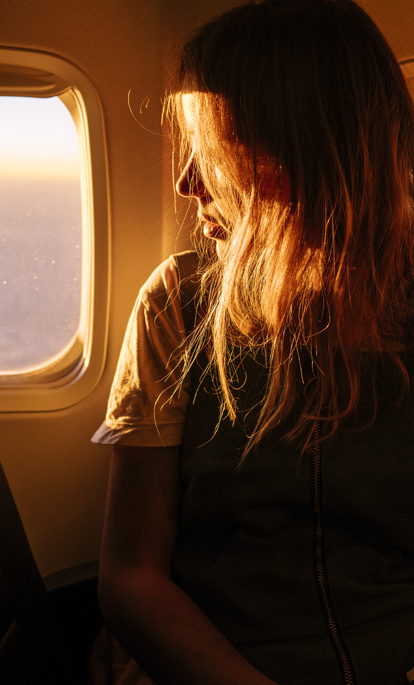
A few suggestions to get the holiday planning process started
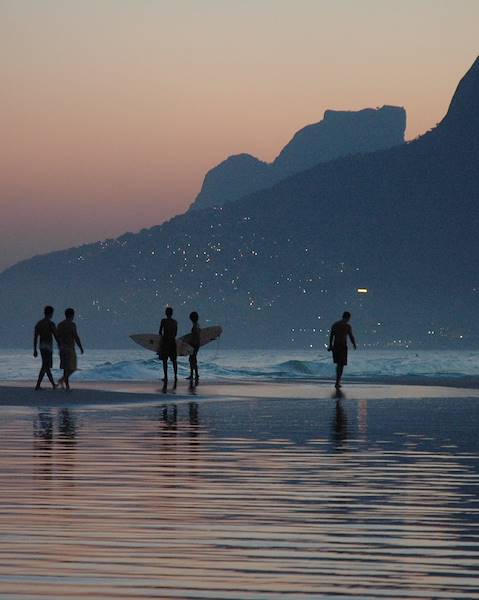
Visit a traditional milonga (tango dancefloor) in BA and learn the moves with a local instructor
13 days, from £3195 to £5100
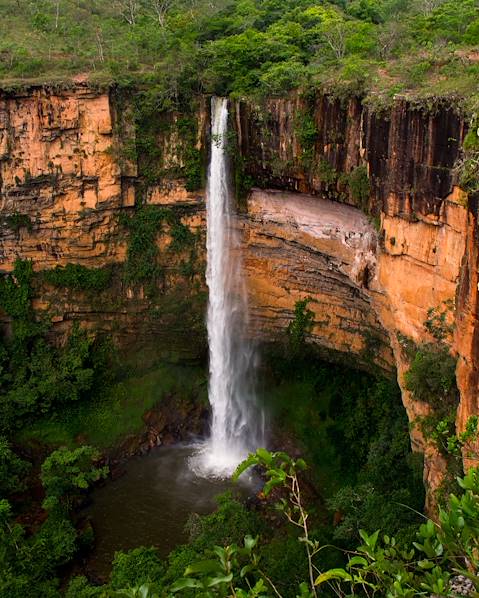
Explore Rio de Janeiro with an in-the-know private guide
12 days, from £4010 to £6405

Explore Rio's landmarks and local favelas with a private guide and dive into the samba music scene
10 days, from £4470 to £7135
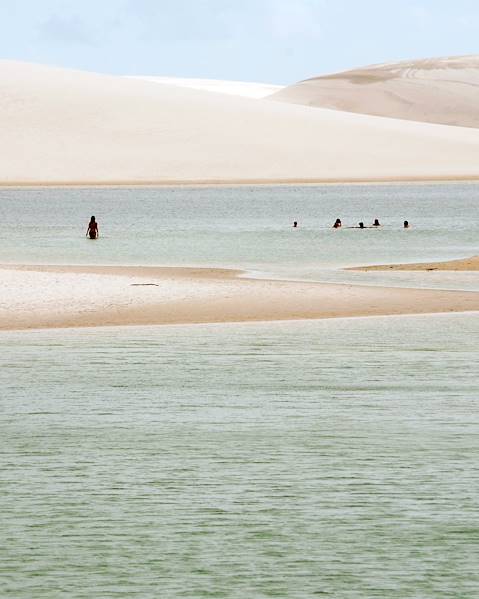
Jam with a famous Brazilian percussionist in Salvador da Bahia
15 days, from £4605 to £7350
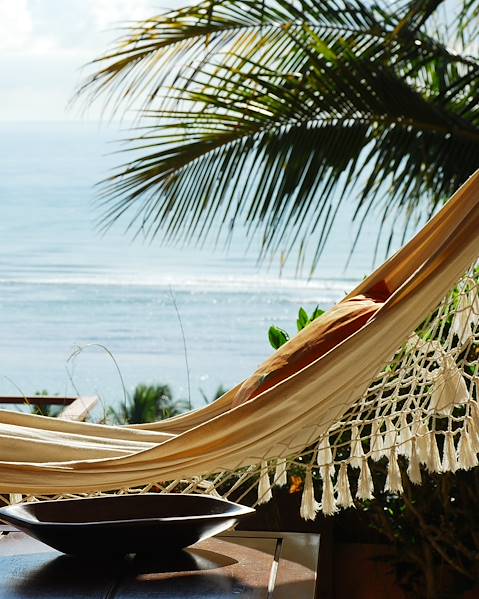
Enjoy a cooking class and dinner in Rio's trendy Jardim Botanico district with your Brazilian hosts
14 days, from £4605 to £7350
From Bossa Nova bars spilling with hypnotic rhythms to buzzing Samba clubs to nightclubs providing an electronic twist, Brazilian music has the ability to captivate and influence us all.
Rio is synonymous with the feverish intensity of the world's largest carnival; the spectacle of thousands of performers in outlandish costumes, accompanied by samba drummers and dancers is a unique experience. Whether it's the polyrhythm from percussion instruments at a street corner or an impromptu all night Carnaval, Rio de Janeiro refuses to stop moving to the sound of music.

Our team of destination experts will get to know you and your unique requirements for your holiday

We work with you to build an ultra-personalised holiday itinerary with your choice of accommodation, experiences and activities

All of our holidays include little extras designed to make a big difference to your trip, from fast-tracking you through airport check-in and security to our network of local Concierges